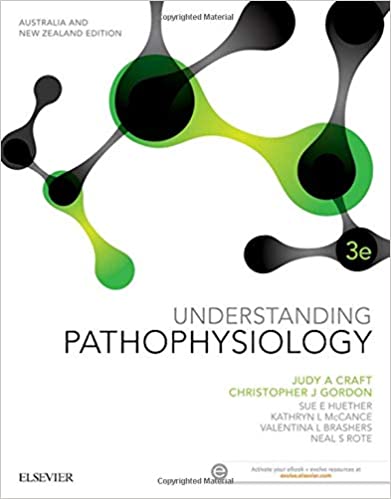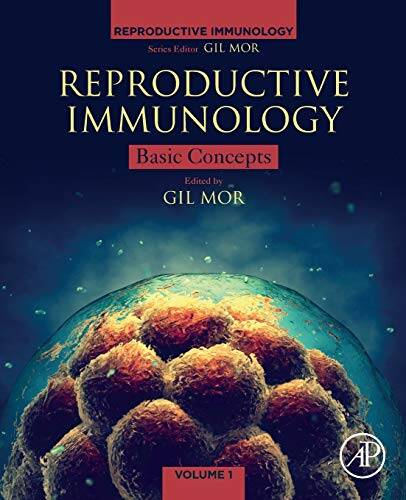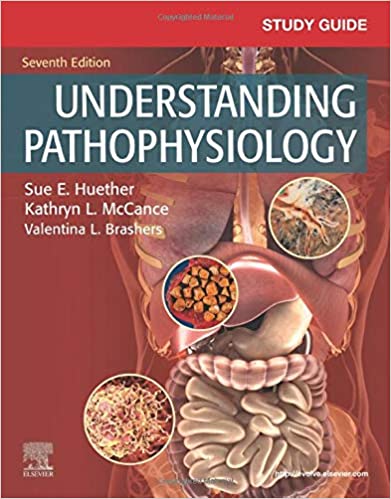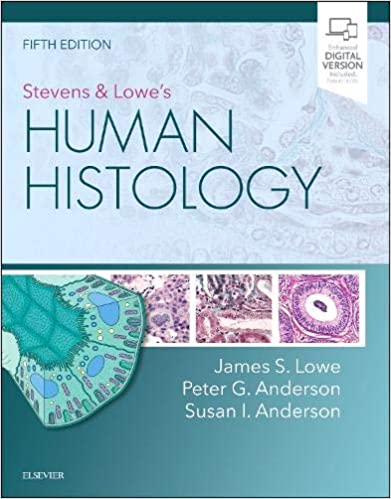Description
Pathopharmacology 2nd Edition [Bruce J. Colbert] Second Ed ORIGINAL PDF
The main goal of Pathopharmacology is to combine pathology and pharmacology to show the
interrelatedness of these subjects. This approach immediately establishes the relevancy of why students
need to know “all those” diseases and drugs. The writing style encourages connection with the material
using language that speaks directly to students that helps personalize their reading experience and engage
them in learning.
Pathopharmacology is designed for students enrolled in a health care program such as Health
Information Management, Health Information Technology, Medical Office Specialist, Medical Insurance
& Coding, Medical Coding and Electronic Health Records, or Medical Billing and Coding programs with a
combined pathophysiology/pharmacology course. It also serves allied health programs to include medical
assisting, surgical technology, respiratory care, radiation technology, and laboratory sciences.
Chapter material is presented in “digestible bites” guided by the learning objectives aligned with
each reading section, followed by immediate assessment so students know which objectives have been
achieved and which require further study. Each system chapter is organized to begin with normal anatomy
and physiology, discuss what can go wrong (pathology), and finally present how medications can bring the
body back to its normal functioning (homeostasis). The main diseases in each system are covered along
with the more commonly used medications to keep the material concise and focused on learning concepts
and not massive memorization. Key terms are defined at the beginning of each reading section to promote
a basic understanding before the chapter reading reinforces the material.
Chapters are richly illustrated for visual engagement with the content. A Clinical Connection feature
establishes why the material is important and makes the connection for students how the content relates
to clinical practice.
Summary tables that present diseases or conditions, etiology, major signs or symptoms, diagnostic
tests, and the main pharmacologic treatments serve as a valuable study and reference tool for students.
![Pathopharmacology 2nd Edition [Bruce J. Colbert] Pathopharmacology 2nd Edition [Bruce J. Colbert] Second Ed](https://medicalebooks.org/wp-content/uploads/2023/08/Pathopharmacology-2nd-Edition-Bruce-J.-Colbert.jpg)



![Understanding Pathophysiology 7th Edition [Seventh ed 7e]](https://medicalebooks.org/wp-content/uploads/2022/02/Understanding-Pathophysiology-7th-Edition-ORIGINAL-PDF.jpg)
